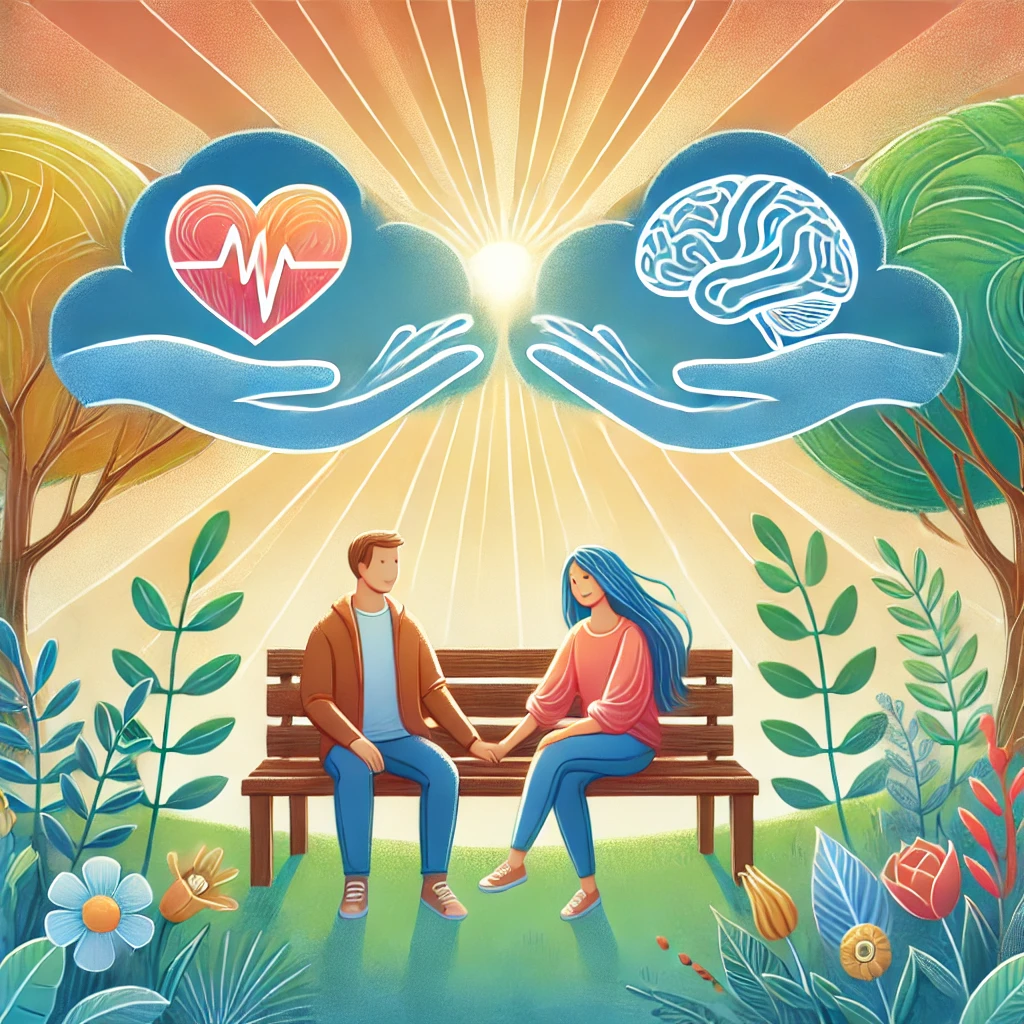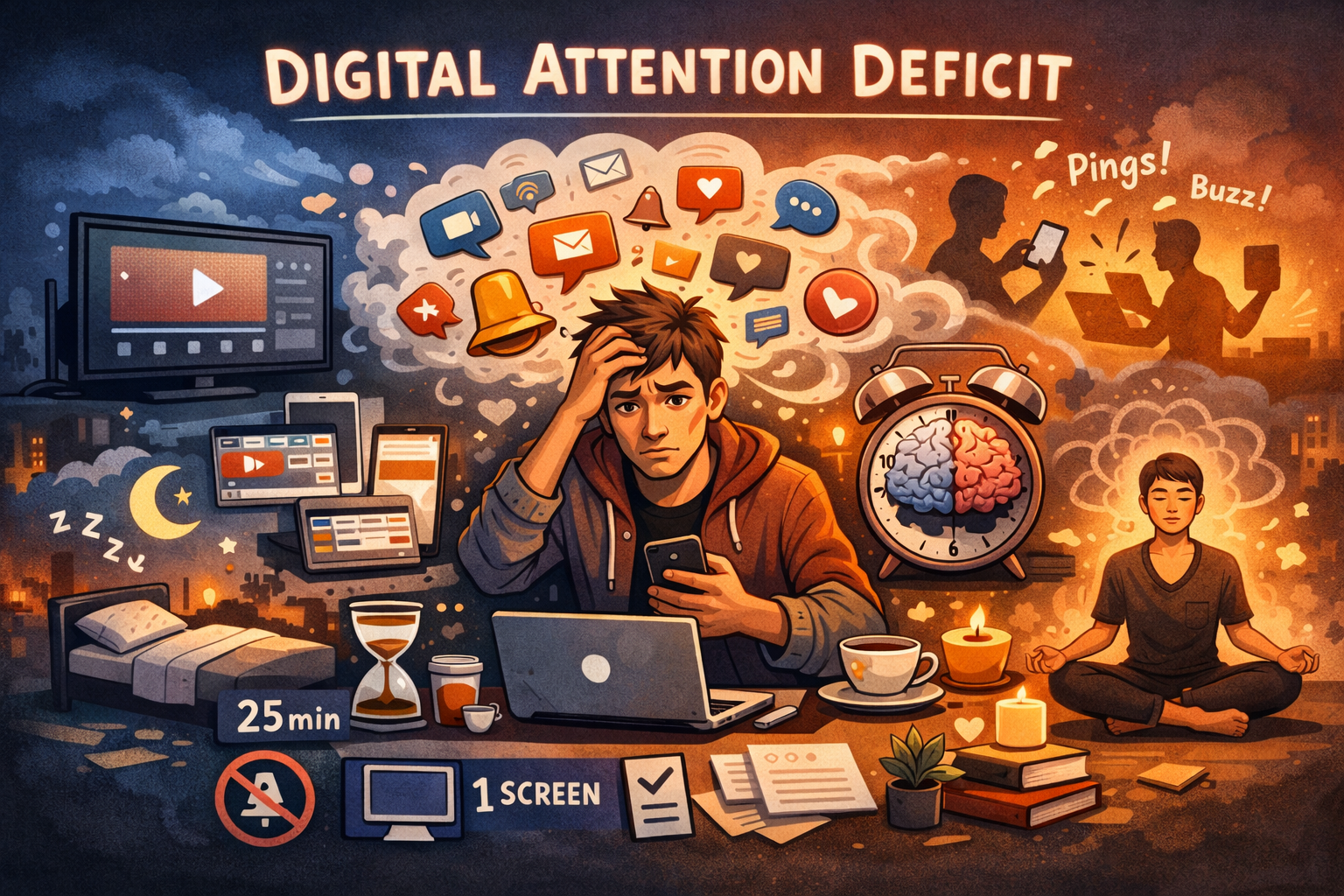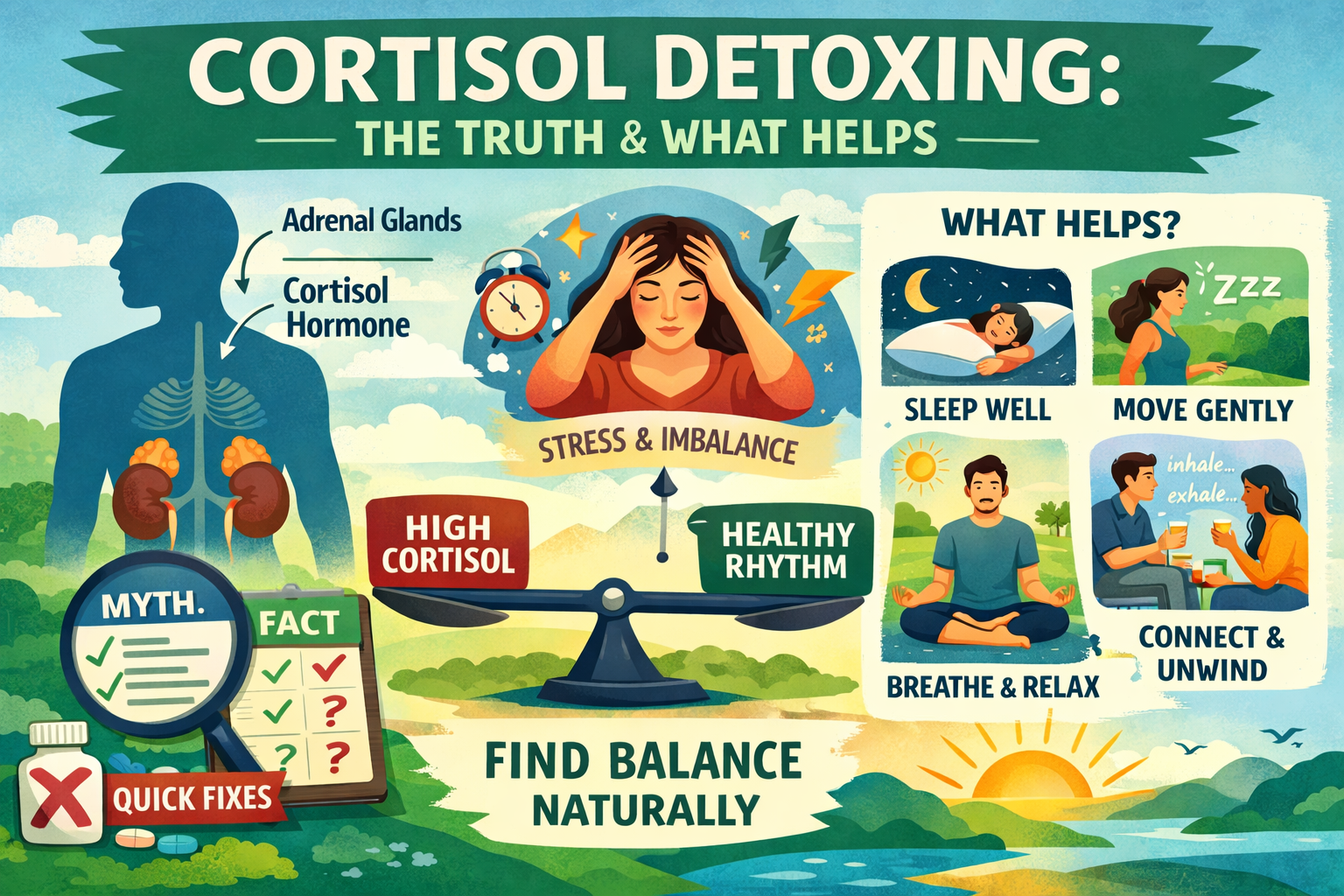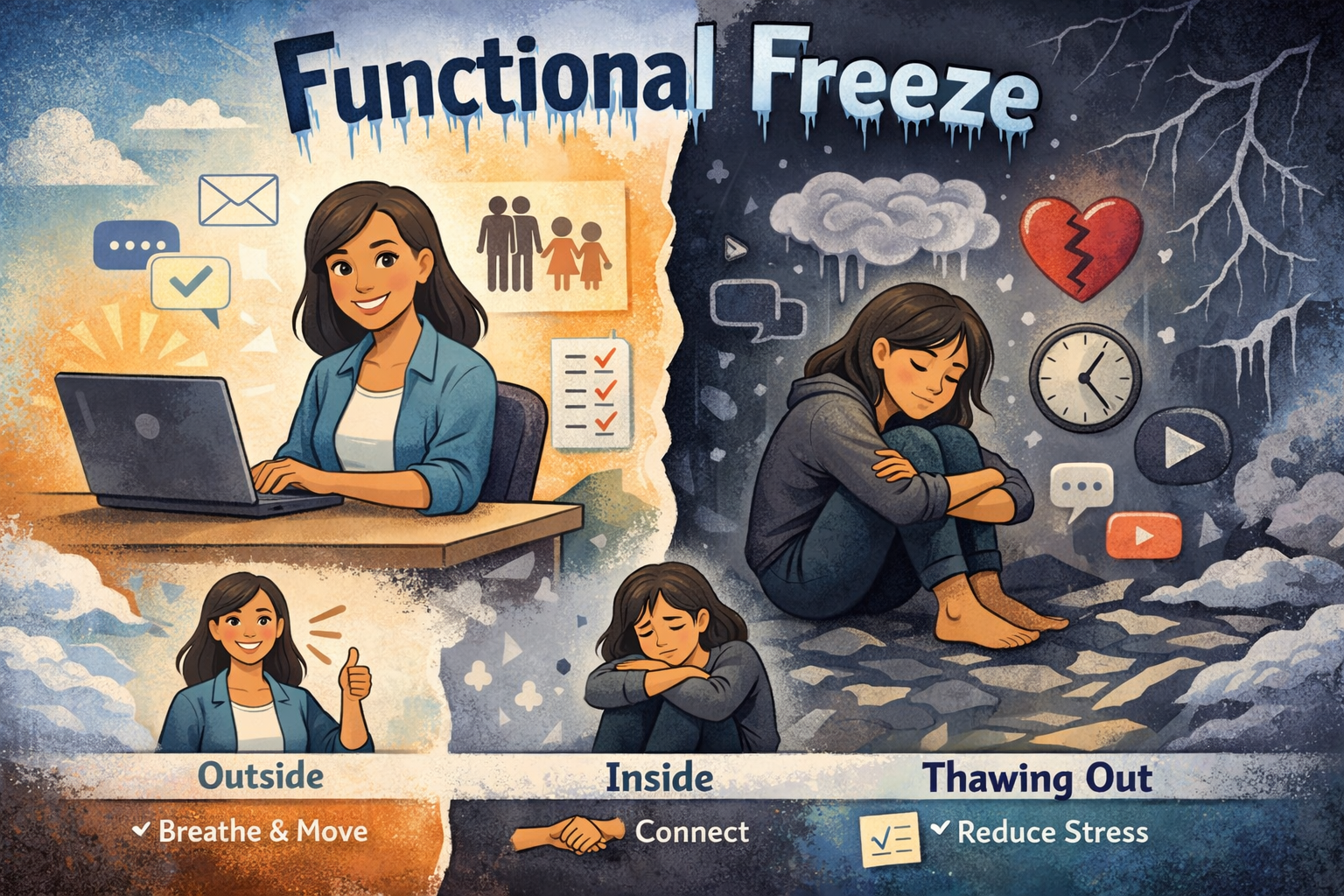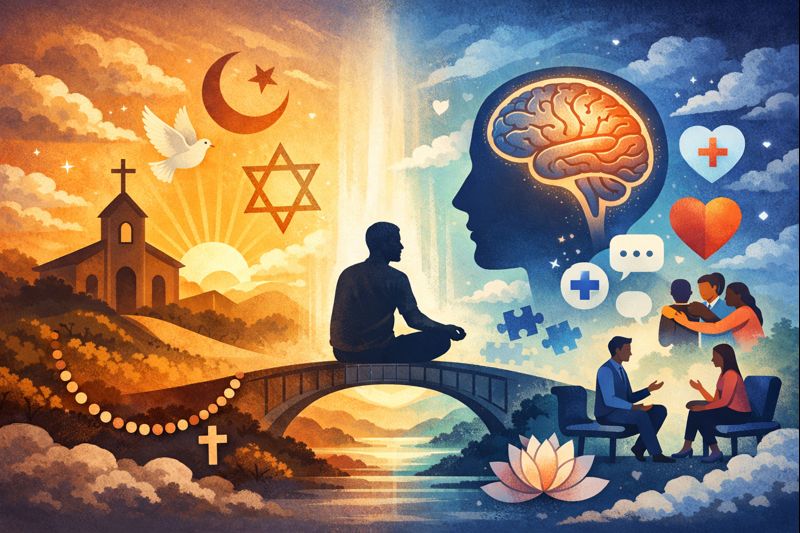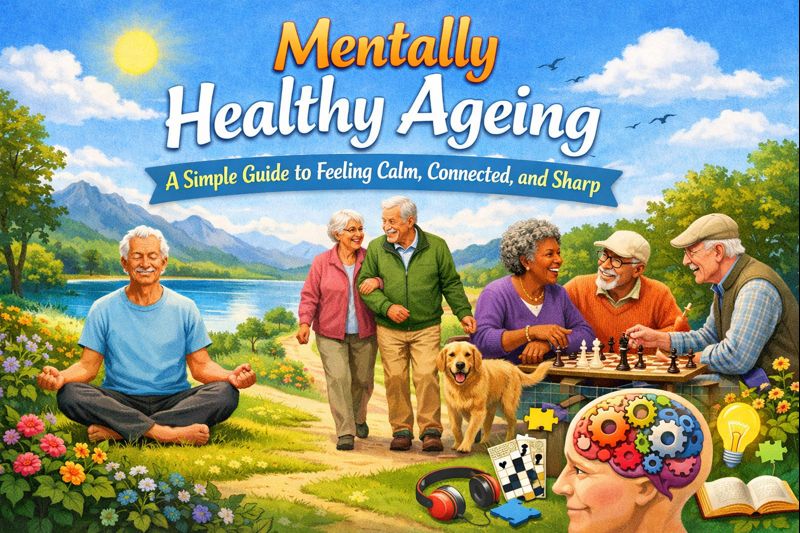Good mental health is the key to a happy life. While we often focus on exercise, diet, or meditation to feel better, there is another powerful tool for improving mental well-being—relationships. Strong, healthy relationships play a big role in keeping our minds happy and stable.
In this article, we will explore how relationships affect mental health and how to nurture them for a healthier life.
Why Relationships Matter for Mental Health
Humans are social beings. We need connection and support to thrive. Having strong relationships provides emotional security, boosts self-esteem, and reduces feelings of loneliness. When we feel loved and valued, our stress levels go down, and our happiness increases.
On the other hand, weak or negative relationships can harm mental health. Constant conflict, neglect, or isolation can lead to anxiety, depression, and even physical health problems.
Benefits of Healthy Relationships
Healthy relationships have many benefits for mental health. Here are a few:
1. Emotional Support
Good friends, family, or partners help you deal with stress. They listen to your problems, give advice, and comfort you during tough times.
2. Improved Self-Worth
People who have caring relationships often feel more confident. Knowing someone values you makes you feel good about yourself.
3. Stress Reduction
Spending time with loved ones helps your body release feel-good hormones like oxytocin. This reduces stress and promotes relaxation.
4. Better Coping Skills
Facing challenges is easier when you have a strong support system. Healthy relationships teach you to communicate and solve problems effectively.
How to Build Strong Relationships
Building strong relationships takes effort. Here are some simple ways to strengthen your bonds with others:
1. Communicate Openly
Talk about your feelings and listen to others. Open communication builds trust and helps resolve conflicts.
2. Spend Quality Time
Make time for your loved ones. Even a short phone call or a shared meal can strengthen your connection.
3. Show Appreciation
A small "thank you" or compliment can mean a lot. Let people know you value them.
4. Be Supportive
Offer help when someone needs it. Celebrate their successes and stand by them in tough times.
5. Respect Boundaries
Everyone needs personal space. Respecting boundaries shows care and understanding.
Nurturing Different Types of Relationships
We have different types of relationships—family, friends, romantic partners, and colleagues. Each needs care in unique ways.
1. Family
Families are our first source of support. Keep in touch with family members, resolve misunderstandings, and participate in family activities.
2. Friends
Good friends are like a second family. Share your joys and struggles with them. Stay in touch regularly, even if life gets busy.
3. Romantic Partners
Healthy romantic relationships need trust, respect, and open communication. Express love through small gestures and work together to overcome challenges.
4. Work Relationships
Good relationships at work reduce stress and improve teamwork. Be polite, cooperative, and willing to listen to your colleagues.
Challenges in Building Relationships
Building relationships isn’t always easy. Misunderstandings, busy schedules, or past experiences can make it hard to connect. However, patience and effort can overcome these barriers.
If you find it difficult to form or maintain relationships, consider talking to a counselor or therapist. They can help you build the skills needed for healthy connections.
How Relationships Improve Mental Health
Strong relationships can directly improve mental health in many ways:
- Reduce Depression: Feeling supported lowers the risk of depression.
- Manage Anxiety: Sharing worries with loved ones eases anxiety.
- Improve Physical Health: Better relationships mean less stress, leading to a healthier body and mind.
- Boost Happiness: Positive interactions with others increase overall joy.
What If You Struggle with Relationships?
Not everyone has close relationships. If you feel lonely or disconnected, here are a few tips:
- Join Groups: Take part in community activities or clubs to meet new people.
- Volunteer: Helping others can lead to meaningful connections.
- Work on Yourself: Building confidence can make it easier to form bonds.
Remember, it’s never too late to start building better relationships.
Conclusion
The secret to better mental health lies in nurturing your relationships. Healthy connections provide emotional support, reduce stress, and boost happiness. Whether it’s family, friends, or colleagues, investing time and effort in your relationships can lead to a more fulfilling and balanced life.
Take small steps today to strengthen your bonds. Call a friend, spend time with family, or simply listen to someone in need. These little acts of care can make a big difference to your mental health and overall well-being.
To read more on mental health, visit www.themindtherapy.in/blog


